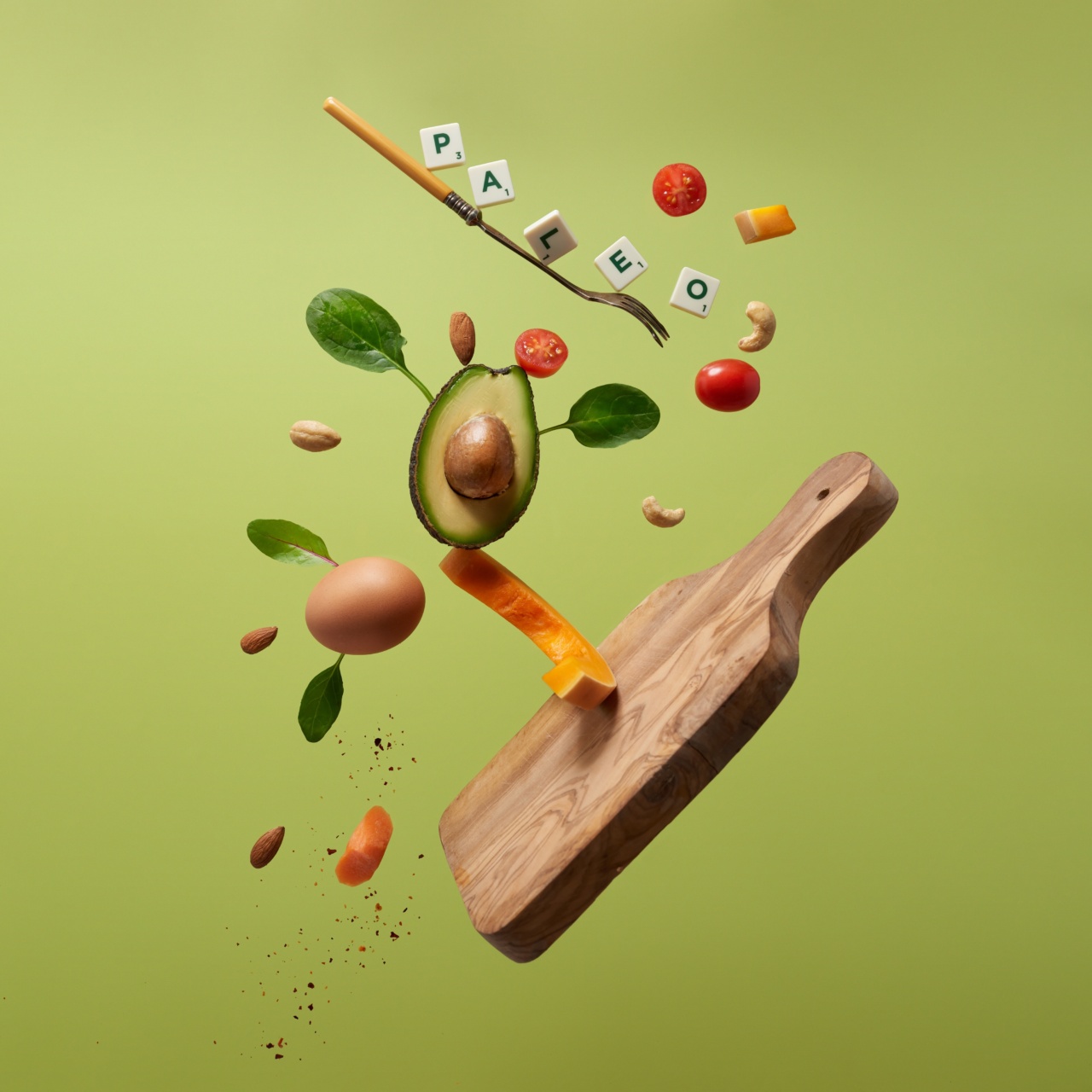The Paleo Diet, also known as the Caveman or Stone Age Diet, is gaining popularity among health-conscious individuals. It is based on the principle of consuming foods similar to those eaten by our ancestors during the Paleolithic era.
The diet primarily includes lean meats, fish, fruits, vegetables, nuts, and seeds, while excluding grains, legumes, dairy products, refined sugars, and processed foods. While proponents claim numerous health benefits, there are also drawbacks to consider when following this diet. In this article, we will explore the pros and cons of the Paleo Diet.
The Pros of the Paleo Diet
1. Weight Loss: One of the main reasons people adopt the Paleo Diet is for weight loss. The diet eliminates processed foods, sugars, and grains, which are common culprits for weight gain.
By focusing on whole, unprocessed foods, the Paleo Diet can lead to a reduction in caloric intake and ultimately weight loss.
2. Improved Blood Sugar Control: The Paleo Diet can be beneficial for individuals who struggle with blood sugar control or have insulin resistance.
By restricting refined sugars and carbohydrates, the diet promotes stable blood sugar levels, potentially reducing the risk of developing type 2 diabetes.
3. Increased Consumption of Nutrient-Dense Foods: The emphasis on fruits, vegetables, lean meats, and nuts/seeds in the Paleo Diet promotes the intake of nutrient-dense foods.
These foods are rich in vitamins, minerals, and antioxidants, which are essential for overall health and wellbeing.
4. Reduced Inflammation: The Paleo Diet may help reduce chronic inflammation in the body.
Processed foods and sugars are known to contribute to inflammation, while the Paleo Diet focuses on anti-inflammatory foods such as fatty fish, olive oil, and fruits/vegetables.
5. Enhanced Digestive Health: By avoiding grains and legumes, which can be difficult for some individuals to digest, the Paleo Diet may improve digestive health.
The diet encourages the consumption of foods that are easier to digest, such as lean proteins and fiber-rich vegetables.
The Cons of the Paleo Diet
1. Nutritional Imbalances: While the Paleo Diet encourages the consumption of nutrient-dense foods, it can be challenging to meet certain nutrient requirements.
The exclusion of whole grains and dairy may result in insufficient calcium, vitamin D, and fiber intake. It is essential to carefully plan meals to ensure adequate nutrient balance.
2. Limited Food Choices: The elimination of grains, legumes, and dairy from the Paleo Diet significantly restricts food choices, making it difficult for vegetarians or vegans to follow this eating pattern.
It may also limit variety and enjoyment in meals for those who are accustomed to a diverse range of foods.
3. Costly: The Paleo Diet can be more expensive than a typical diet due to the emphasis on high-quality, organic, and pasture-raised meats, as well as fresh fruits and vegetables.
For individuals on a tight budget, following the Paleo Diet may not be economically feasible.
4. Potential Nutrient Deficiencies: Eliminating entire food groups from the diet can increase the risk of certain nutrient deficiencies. The exclusion of whole grains and legumes, for example, may result in lower intake of B vitamins, magnesium, and iron.
Supplementation or careful planning is necessary to ensure adequate nutrient intake.
5. Social Challenges: Following the Paleo Diet can be socially isolating, as it may require avoiding many common foods found at social gatherings or restaurants.
It may also be challenging to stick to the diet while traveling or eating out, potentially causing stress or feelings of exclusion.
Conclusion
The Paleo Diet has its share of pros and cons. It can be an effective way to lose weight, improve blood sugar control, and promote the consumption of nutrient-dense foods.
However, it may lead to nutritional imbalances, limited food choices, and increased expenses. Before embarking on the Paleo Diet, it is advisable to consult with a healthcare professional or registered dietitian to ensure it aligns with individual health goals and needs.



























